- BlackVoter.Org
- Posts
- BLACKVOTER.ORG
BLACKVOTER.ORG
/

In the heated 2024 U.S.
election, the Latino vote showed surprising shifts, leaning more towards Donald Trump despite controversy from a crude joke at a Trump rally. Traditionally a stronghold for Democrats, Latino support for Trump ticked up, with him securing 51% against Kamala Harris.
This trend marks a continuation of a pattern observed since 2020, where support for Democrats among Latino voters has gradually declined.
Economic issues, particularly inflation and healthcare costs, took precedence over values like democracy and immigration, influencing voters' preferences.
Many Latinos feel disillusioned with Democrats’ approach to these real-life concerns. The Republican narrative of a robust economy under Trump, combined with targeted outreach through Spanish-language ads, resonated with this demographic.
Ultimately, as diverse as their backgrounds, Latino voters defied simple categorizations, reflecting a nuanced political landscape that both parties must navigate in the future.
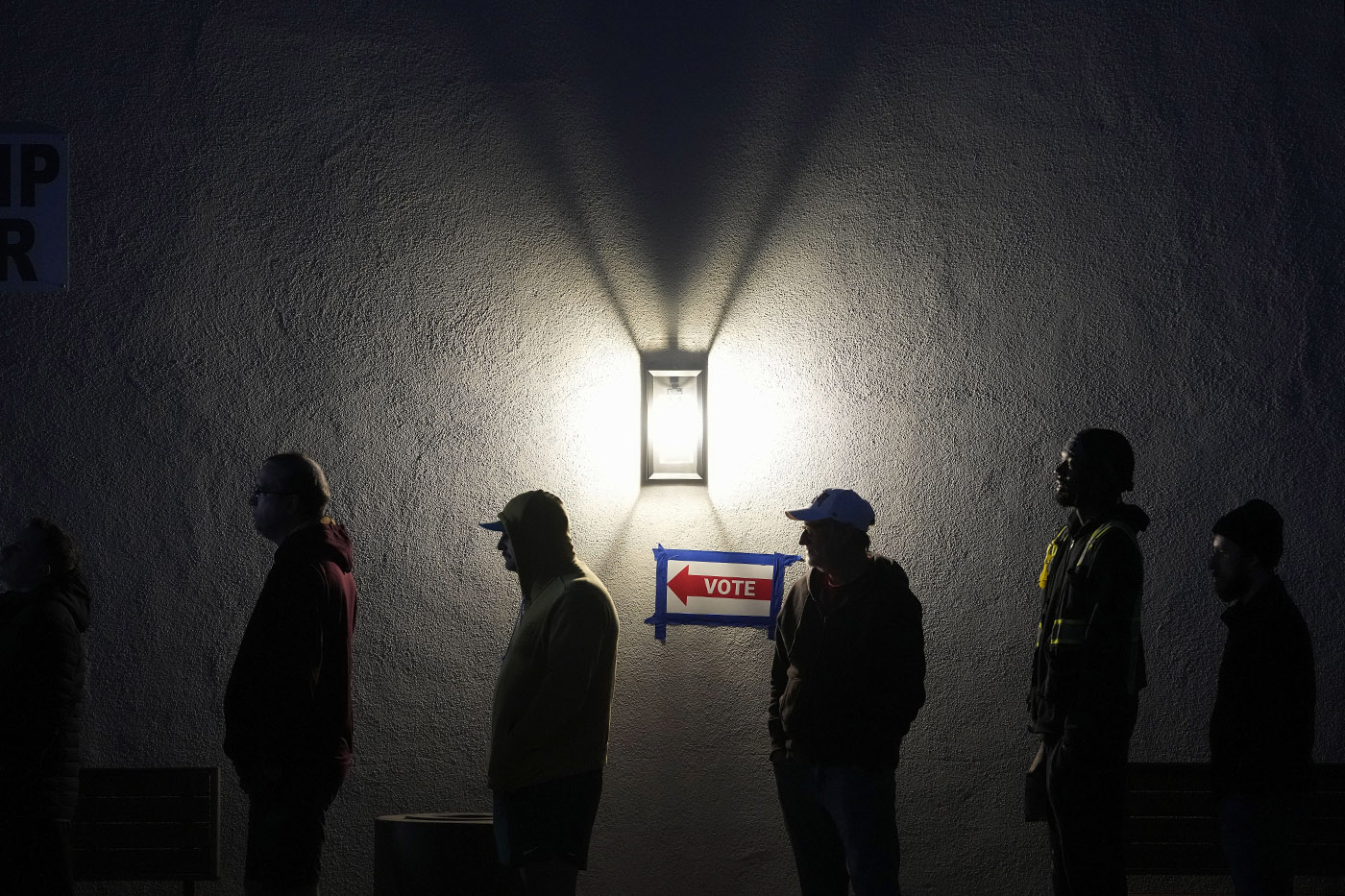
A groundbreaking interactive tool, developed by Northeastern University's Distinguished Professor David Lazer, is shedding light on the voter demographic shifts that influenced Donald Trump's recent election victory. Users can explore detailed breakdowns by age, race, income, education, and more, comparing data from the 2020 and 2024 elections.
The tool reveals fascinating trends, including a notable 20-point swing among younger African American voters towards Trump, while older demographics remained steadfastly supportive of Joe Biden. With insights drawn from a large national survey, this resource serves more as a means to analyze the election outcome rather than predict it, emphasizing how crucial it is to understand diverse voter behaviors.
While Trump may have secured significant wins in key swing states and the national popular vote, this tool uncovers the complexity of the electorate, offering a rich tapestry of data for those eager to dive deeper into the election results.
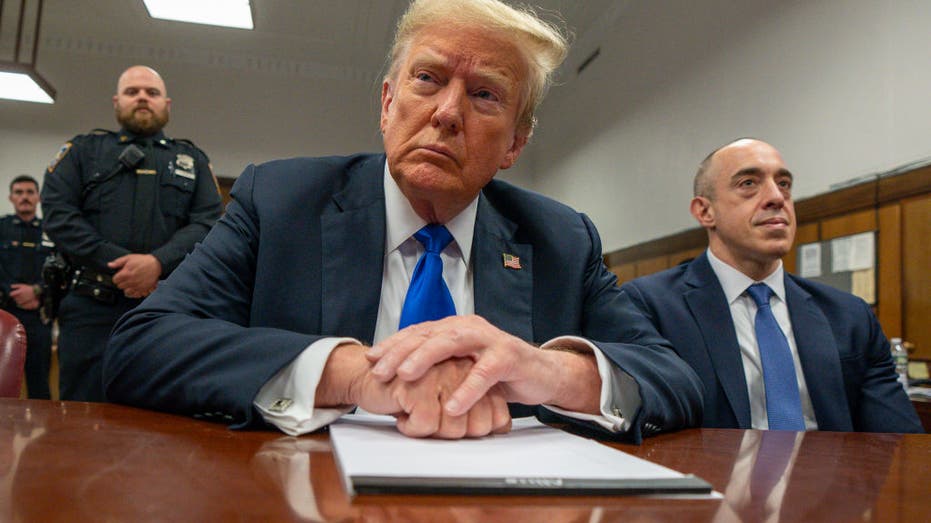
In a bold move following Donald Trump's presidential victory, former Attorney General Bill Barr is urging prosecutors to dismiss pending legal cases against Trump. Barr argues that voters were fully aware of the allegations against Trump when they re-elected him, and he believes dismissing the cases would serve the country’s best interests.
He highlighted that continuing prosecutions would merely distract from pressing national issues. Barr pointed out that many of the legal challenges against Trump have already weakened in court, and the upcoming administration should not be bogged down by these legal battles.
With a Trump-appointed attorney general potentially poised to terminate federal cases, Barr's appeal specifically targets the necessity for state prosecutors to also drop their cases to foster unity and focus on the tasks ahead for the country.

Donald Trump’s resurgence among minority voters, particularly Latinos, is sending shockwaves through the Democratic Party as he edges closer to a potential return to the White House. While Kamala Harris may have captured a larger overall share of the Latino vote, Trump has bolstered his support by eight percentage points since 2020.
Surprisingly, this increase extends to African-American voters as well, challenging the Left's long-held belief that minority votes are strictly aligned with progressive ideologies. This shift reflects broader trends, as minorities increasingly prioritize economic issues and immigration policies that resonate with their communities.
If Trump’s win is confirmed, the Democratic narrative may spiral into blaming “disenfranchised” voters rather than acknowledging that many simply prefer Trump's policies. The implications of this realignment could redefine political landscapes and challenge the Democrats' understanding of minority voter dynamics in the years to come.

Gif by dechinezen on Giphy
/
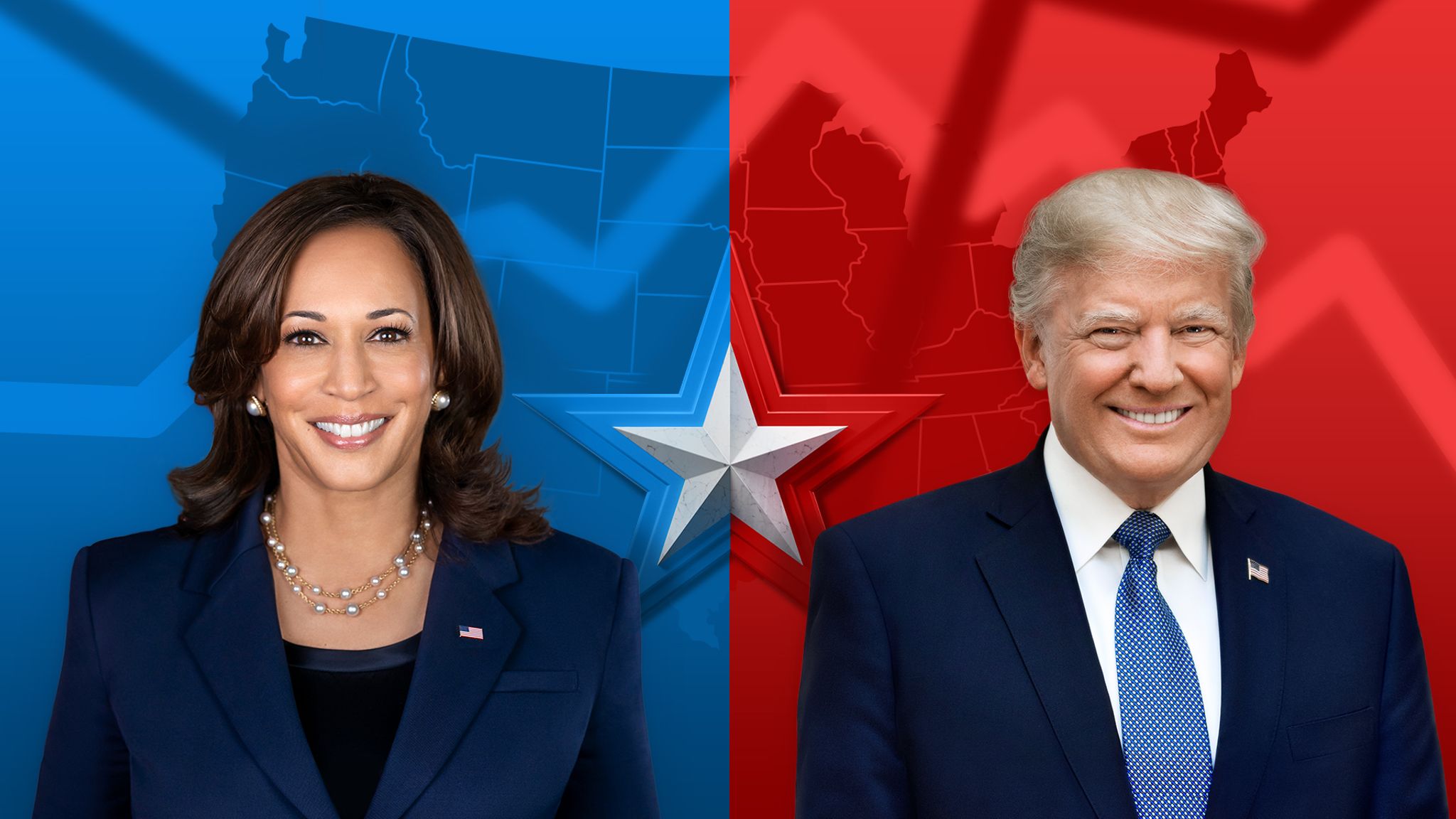
Donald Trump has secured a triumphant second term as President of the United States, decisively defeating Kamala Harris and surpassing the crucial 270 electoral votes. A pivotal victory in Wisconsin sealed his win, alongside essential gains in battlegrounds like Pennsylvania, Georgia, and North Carolina, where he notably boosted support among Black and Latino voters.
With unprecedented county-level support, Trump’s appeal broadened to diverse communities that had previously leaned Democratic. Meanwhile, Harris struggled to claim any battleground states.
The election highlighted deep national divisions over key issues, primarily dissatisfaction with the economy. Despite Trump’s success, he faced challenges as some traditional supporter groups shifted towards Democrats, particularly among older voters and white women.
Additionally, Democrats lost control of the Senate and saw Republican gains in the House, positioning Trump to lead with legislative power as he embarks on his new term.
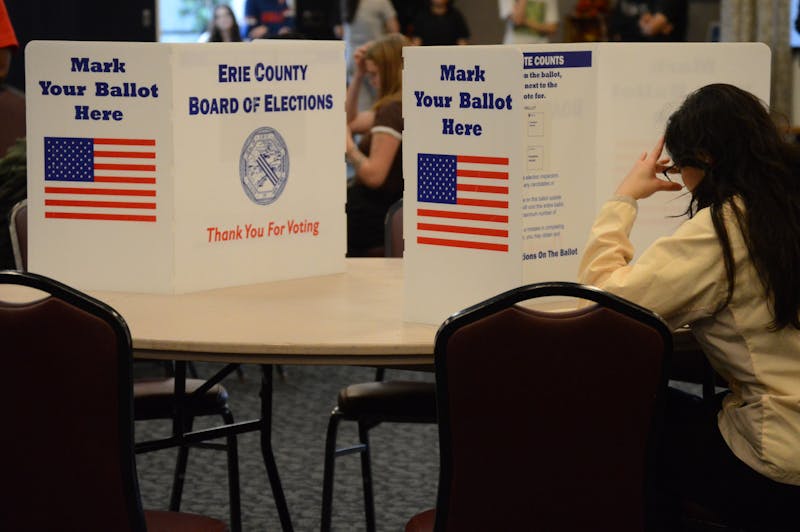
In a vibrant display of civic engagement, approximately 300 University at Buffalo students and community members cast their votes at the Center for Tomorrow during the recent presidential election. The polling site buzzed with energy, often seeing lines stretching outside as eager voters shared their hopes for the future.
Freshman Kiara Wilson emphasized the importance of moral choices, particularly for marginalized communities, urging others to make their voices heard. This uptick in voter turnout can be credited to initiatives like UB Votes, which successfully mobilized over 5% of the domestic student body, with many students submitting absentee ballot applications.
Civic Engagement Ambassador Jess Williams highlighted voting as a civic duty, advocating for informed participation in democracy. The election attracted a remarkable turnout across Erie County, reflecting the nation’s commitment to making every vote count.

With Donald Trump’s victory in the 2024 election, the global political landscape is poised for a seismic shift. His vision for an "America First" foreign policy indicates a potential retreat from established international norms and alliances.
Trump has promised to disrupt existing agreements, reigniting trade wars and pulling the U.S.
from treaties like the Paris Climate Accord, further straining diplomacy with allies. His tenure could witness diminished American influence in organizations like NATO and the UN, as he questions their relevance and costs.
Critics warn that his isolationist approach may endanger global stability, reminiscent of the tumultuous relationships forged during his first term. With significant power over foreign policy decisions, Trump’s administration may operate with minimal input from experienced diplomats, leading to unpredictable outcomes in critical international negotiations.
As we approach 2025, the world will be watching closely to see how Trump’s presidency redefines U.S.
standing on the global stage.
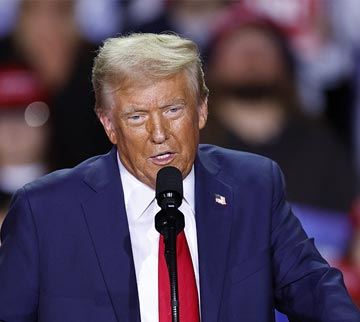
In a stunning political comeback, Donald Trump has secured a second term as President of the United States, outshining Kamala Harris in key battleground states like Georgia and North Carolina. This election not only marks Trump’s return, making him the first U.
S. president since Grover Cleveland to serve non-consecutive terms, but it also signals a decisive shift in America's foreign policy approach.
With Republicans gaining control of both the Senate and House, Trump’s influence is likely to shape U.S.
global engagement—moving towards a more inward-looking stance even amid international conflicts. The electoral landscape is changing; a notable number of voters from diverse backgrounds supported Trump, challenging traditional party alliances and indicating a significant demographic shift.
As the U.S.
navigates this new political terrain, countries like India will need to adapt to evolving American priorities, underlining the broader implications for global diplomacy and partnerships.


